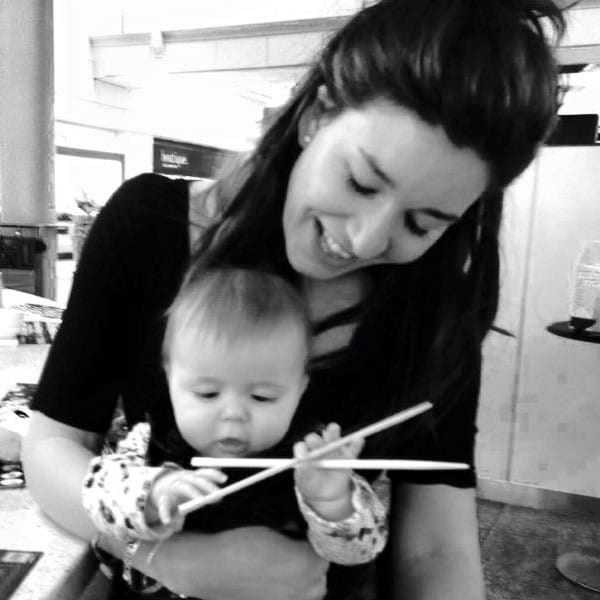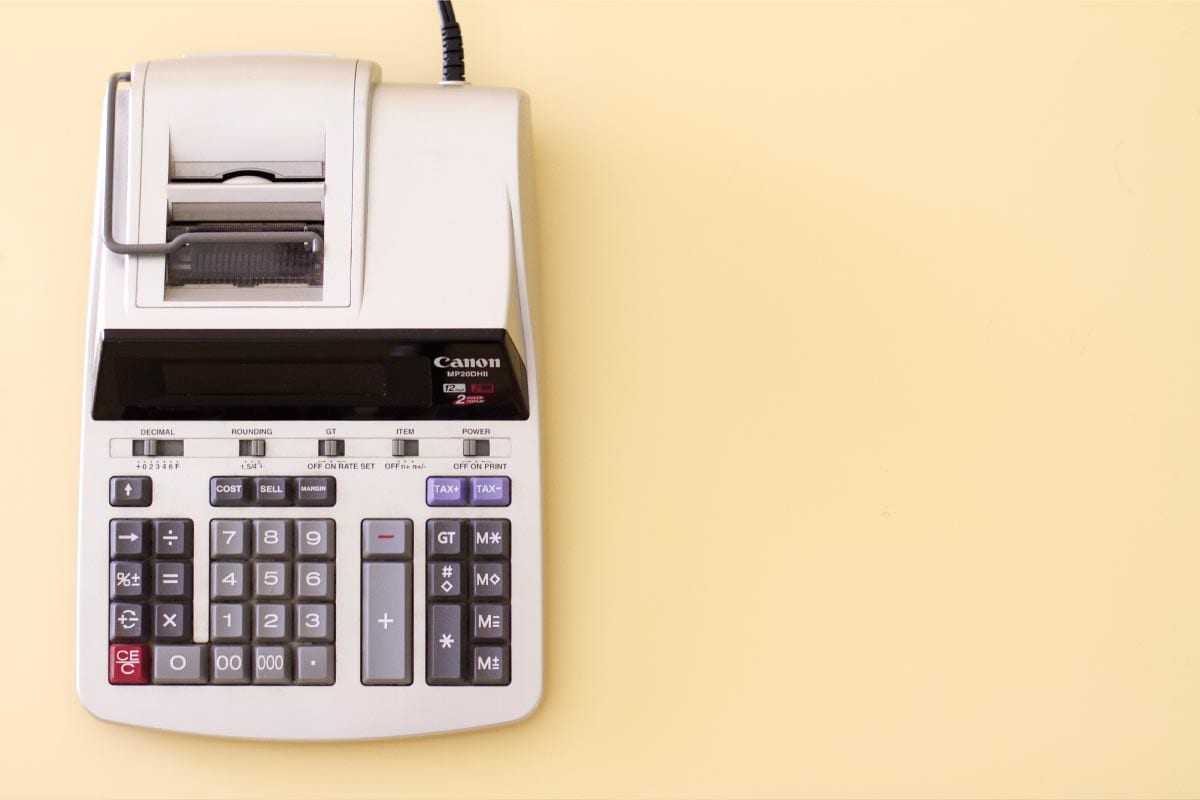
Budgeting
Budgeting…..everyone’s favourite word! But how many of us know our monthly outgoings? And why bother? Budgeting is the cornerstone for financial organisation, having a budget can help you understand your spending habits and streamline spending, it effectively helps you get the most out of your money and who doesn’t want that? Yes, it involves some time and effort but for long term financial well being it is the place to start, and it will pay off (literally!). Budgeting doesn’t mean you can’t have any fun either, you just need to factor it in!

About the author:
Thrifty Charles has not only mastered the art of money saving for herself, but used to advise vulnerable people on how to make their golden nuggets go further. She is a world of knowledge and knows how to live it up without breaking her piggie bank.
Here’s a few ways to alleviate some of the tension:

How to budget
First off get out that notebook and make a list of ALL your monthly direct debits, including credit card and loan payments. Next make a list of all your annual expenses including car upkeep and Christmas in this section. Thirdly monthly expenses such as food, petrol, clothing, haircuts, childcare, school clubs, birthdays etc. Factor in leisure activities for example days out, meals, cinema trips, swimming etc. There is A LOT that will go in this section, so don’t be shy write it all down! Now for the fun bit……a spreadsheet! There are plenty of budget template options online but I personally like to make my own. The first section includes the total of all monthly bills and direct debits.
The second section is your yearly expenses, this needs to be divided by 12 to make it a monthly cost.
The third section all your other monthly expenses mentioned above (plus your own). It can be hard to know how much you spend on your monthly expenses if you don’t usually keep track. Look through your past couple of months bank statements to get an idea, it is always better to overestimate how much you spend, that way you won’t be left short. At this point is can seem an overwhelming task but don’t give up! Even if you are only able to guess at some of your expenses it’s a start, you can always amend it later. You could even complete a spending log for a week, writing down EVERYTHING you spend that week, this could be an eye opener in what you think you spend vs what you actually spend. Add up your 3 columns and you have your monthly outgoings. Next add up your monthly income from all members of your household, include child benefit and any other benefits you receive.
Finally subtract your outgoings from your income and with any luck it will either tally or you will have some money left over for savings. If you find yourself with a deficit you may want to review your monthly outgoings and see where you could make savings or cut back (See our blog post Cutting down those household bills). Alternatively, look at ways of increasing your income, through side hustles or extra work. I think many of us who do a budget will more often than not be able to identify areas we are overspending and therefore use our money more efficiently.
Step by step guide
- Add up ALL monthly outgoings/direct debits
- Add up ALL annual expenses, e.g insurance, annual memberships, Christmas, car tax (include all car maintenance costs in here service, MOT, wear and tear etc.)
- Add up all monthly expenses – food, petrol, clothing, haircuts, leisure activities, days out, presents etc.
- Divide the annual expenses by 12
- Add up your 3 columns this gives you your monthly outgoings
- Add up all your monthly income (if you get paid weekly x 52 then / by 12)
- Subtract your monthly outgoings from your income.
- If there is a deficit look at ways to reduce spending, if there is a surplus set up that savings account!
If you struggle to keep track of where you spend your money there are some great cards for this including Revolut and Monzo that categorise your spending for you and you can compare month by month. It can also be useful to have a savings account attached to your main bank account to pay into monthly for your yearly expenses and any savings. You could even set up a direct debit to ensure these costs are covered.

Money Motivation
Understanding our priorities with money is vital if you want to change your spending habits, are you wanting to become debt free, save up for something special, build a contingency fund or are you wanting to spend what you earn on the things that are most important to you in life without getting into debt. It can be good to set yourself a financial goal as being motivated to make changes will be far more successful with an achievable goal in mind.
Tops tips for budgeting success:
- Frequently checking bank statements
- Keeping track of spending
- Direct debit audit
- Using different bank accounts for different expenses
- Reviewing your budget regularly
- Understanding your money motivation
- Set a financial goal
Finally, if you have taken all the steps above you are doing a great job and having a budget does not mean you can’t spend, have fun or treat yourself. Its about being able to identify your spending habits and what you have to work with and adjust accordingly if needs be. Working with a budget can sometimes feel like hard work but congratulate yourself on making your money work for you and getting the most out of it.






